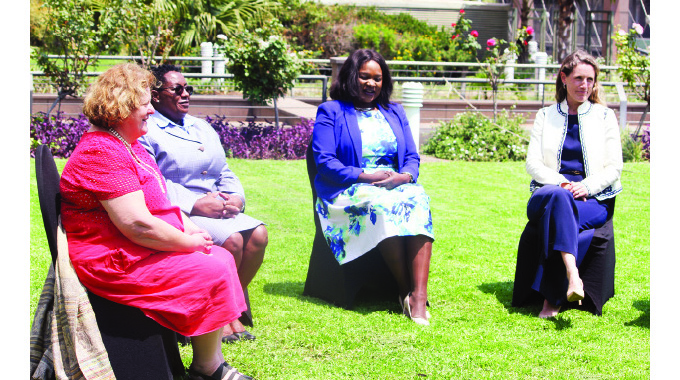Holistic approach needed to address debt-AFRODAD

Farirai Machivenyika Senior Reporter
Zimbabwe needs an inclusive approach to deal with its debt situation to ensure more resources are channelled towards development projects.
This came out at the end of the third annual Zimbabwe Multi-Stakeholder Debt Conference African Forum and Network on Debt and Development (Afrodad) held in Harare last week and attended by Government, private sector representatives, legislators, academia, technical experts and media practitioners.
According to the Mid-Term Budget Review, Zimbabwe’s external debt as of December 2020 was 71.2 percent of GDP at US$10.5 billion, while the domestic debt as of April, 2021 amounted to ZWL$20.9 billion. External debt arrears amount to over US$6.5 billion, which is about 77 percent of total foreign debt.
Afrodad acting director Dr Theophilus Yungong said; “Zimbabwe is one of those countries which are in debt distress and it’s a very concerning issue both for Afrodad, civil society and ordinary citizens in such countries … The problem of debt distress is that it affects development and we end up with citizens who fail to achieve their full aspirations as human beings.
“Dealing with this question of debt crisis and debt distress is an important issue and calls for the need to consider how Zimbabwe as an African country already in debt distress can come out of that situation.”
Amongst recommendations by participants was the “need for an inclusive debt management framework that will encompass a multi-stakeholder approach.”
“There is also need for a comprehensive and independent debt audit with increased Parliament participation. All loans must be contracted in line with the provisions of the Constitution and Acts of Parliament.”
Among measures experts said could help Zimbabwe going forward were capacitating anti-corruption institutions like Parliament, the Environmental Management Agency and the Zimbabwe Anti-Corruption Commission.
“This is so because it is not possible to rein debt when corruption is on the rise. Given that some of the debt is assumed from loss-making State institutions and local governments, there is need to improve governance of the aforementioned. This can be done through implementation of office of the Auditor-General reports and recommendations, as well as ensuring the independence of these institutions and local authorities — insulating them from political interference,” delegates resolved.
Government was also encouraged to borrow prudently, and mostly only for social services; in addition to promotion of value-addition and beneficiation.
Finance and Economic Development Minister Professor Mthuli Ncube said Treasury had from March 2021 resumed quarterly token payments to creditors including the World Bank Group, the African Development Bank Group and the European Investment Bank.
At the Afrodad conference, Zimbabwe Coalition on Debt and Development (Zimcodd) director Ms Janet Zhou – whose organisation collaborated in hosting the engagement – said greater transparency and accountability on debt contraction and management would help the country avoid debt distress in future.
“That will go a long way to leverage on the youth dividend that we have by making investments for industrialisation, for start-up businesses and which can grow and lift our youths who are 67 percent of the population from the extreme poverty that they are in,” she said.









Comments